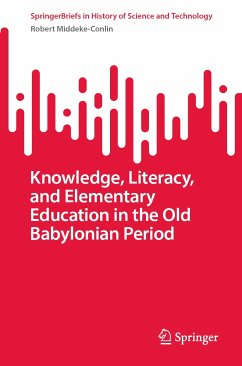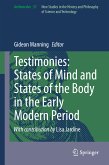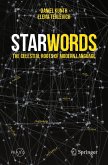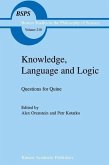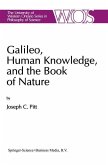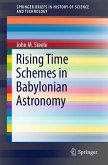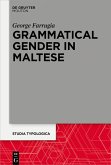This book examines education as a means to explore knowledge and literacy in the Old Babylonian period. It further employs a new method to research these topics. Contrary to numerous existing studies on the subject, the author examines elementary education globally, that is, in pursuit of Old Babylonian education in its entirety. Typically, education is examined in a piecemeal fashion. It's as if education centered on lexicography alone or mathematics alone. This work encompasses a view about educational content and knowledge systems, as opposed to only specific aspects or branches of them. In doing so, a characterization of institution and society is made possible allowing the work to open new general perspectives on Mesopotamian knowledge, literacy, and education.
Dieser Download kann aus rechtlichen Gründen nur mit Rechnungsadresse in A, B, BG, CY, CZ, D, DK, EW, E, FIN, F, GR, HR, H, IRL, I, LT, L, LR, M, NL, PL, P, R, S, SLO, SK ausgeliefert werden.

